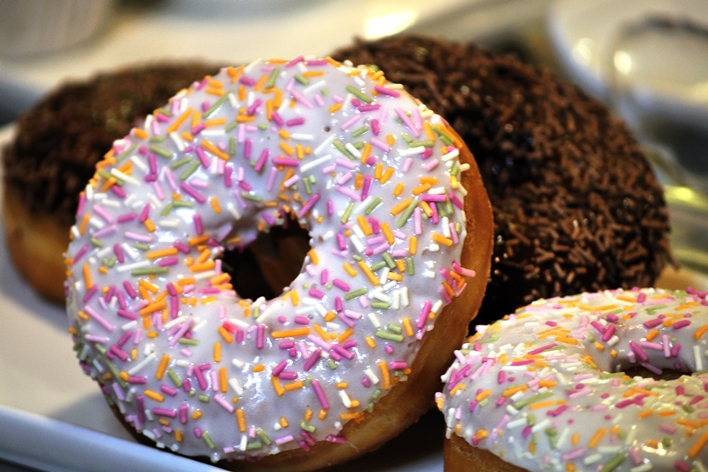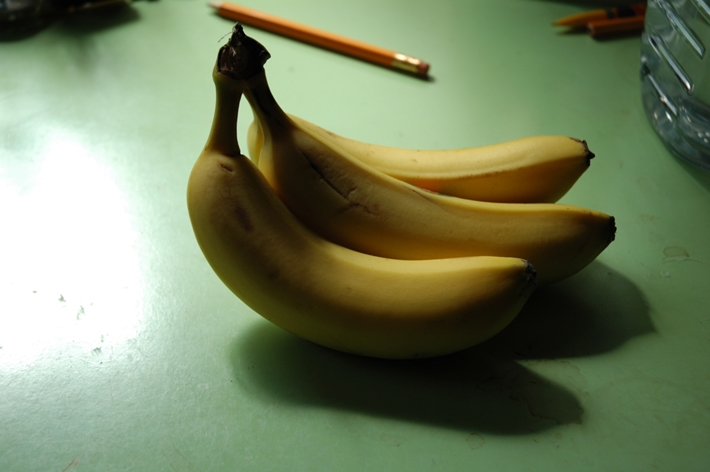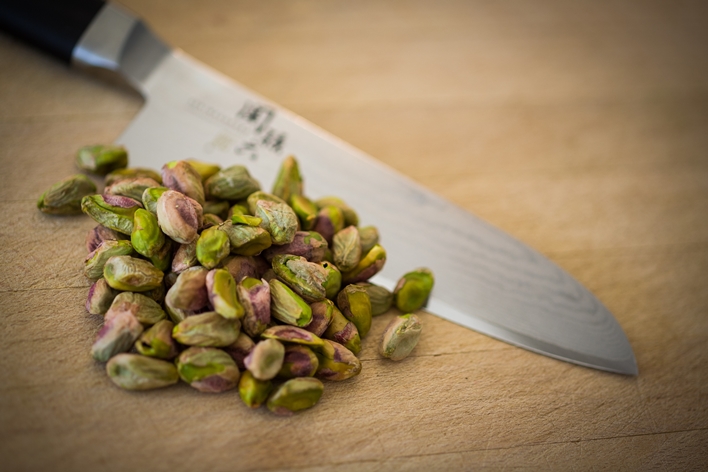 Processed foods like donuts, burgers, pizzas, contain a lot of sodium and is best avoided to prevent kidney stones. Source: Dave Crosby/Flickr
Processed foods like donuts, burgers, pizzas, contain a lot of sodium and is best avoided to prevent kidney stones. Source: Dave Crosby/Flickr
Oversalting is a common phenomenon when it comes to cooking and one that can only mean bad news. Not only does too much salt result in water retention and bloating, but a diet rich is sodium is a leading cause for the formation of kidney stones.
At times, during the kidney’s normal filtration process, salts and other minerals in the urine may combine to form what are known as kidney stones. Kidney stones vary in size – they can be as small as a sugar crystal or can get as big as a marble or larger. There are two major categories of kidney stones, oxalate and calcium stones and those who have already suffered from a bout are at a higher risk, without proper dietary changes.
Largely unnoticed, the trouble arises when these kidney stones cause a blockage by breaking into the ureters (narrow ducts that lead into the bladder). When this happens, nausea, severe pain in abdomen, belly or groin pain follow as do instances of painful urination and blood. X rays and CT scans are enough to detect the presence and size of stones, and in most cases, the doctor may suggest pain medication to help with the symptoms and ask you to increase your fluid intake till the stones are flushed out.
Several factors are responsible for the formation of kidney stones by way of alteration in the urine composition but what you eat and drink plays an equally important role. Vasudha Sainik, clinical nutritionist, lists out dos and don’ts to prevent the recurrence of kidney stones.
Drinking too little water is one of the leading causes of a kidney stone. Water and dietary fluid intake must amount to at least 2 litres per day (including natural juices, buttermilk). Slowly increase your daily water intake by one glass per day, till you’re at eight to ten glasses a day. You’re well hydrated when the urine is clear or light yellow, anything darker indicates inadequate fluid intake.
Cut back on salt and avoid processed foods and limit eating out at restaurants.
Spinach is best avoided if you have had an episode of an oxalate kidney stone. Also avoid carrots, celery, peanuts and chocolate since these foods are rich in oxalates and are best consumed in moderation.
 Fibre-rich foods like bananas help reduce the risk of kidney stones. Source: keepon i/Flickr
Fibre-rich foods like bananas help reduce the risk of kidney stones. Source: keepon i/Flickr
Increasing dietary fibre is a good way to prevent a recurrence. Urinary calcium binds with fibre and is excreted from the body naturally, thereby eliminating the chances of stone formation. So, eat more of high fibre foods like bananas, black beans, peas, lentils, pears (when they are in season) as well as oats.
Animal protein is high in calcium and oxalates and those with a history of kidney stones ought to reduce the frequency of consumption of meat and meat-based foods.
High alcohol consumption increases the risk of kidney stones, among many other health complications, and is best limited to a moderate amount.
 Nuts like pistachios and walnuts supply magnesium, and help kidneys function optimally. Source: keepon i/Flickr
Nuts like pistachios and walnuts supply magnesium, and help kidneys function optimally. Source: keepon i/Flickr
Magnesium binds with oxalate in the body and forms compounds that are excreted. A good way to increase magnesium in your diet is by consuming nuts, yoghurt as well as dried fruits.
Whole grains like wheat, jowar, millet, etc. contain pantothenic acid (vitamin B5), which helps the kidneys excrete oxalates naturally and can help reduce the risk of kidney stones.
Excess caffeine consumption has been known to increase the risk of calcium stone formation. Make sure you limit your tea and coffee intake to just 2 cups a day.
Chocolate too, has a fair bit of caffeine and is best consumed in moderation.









